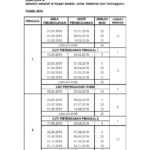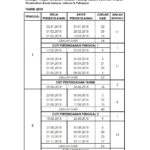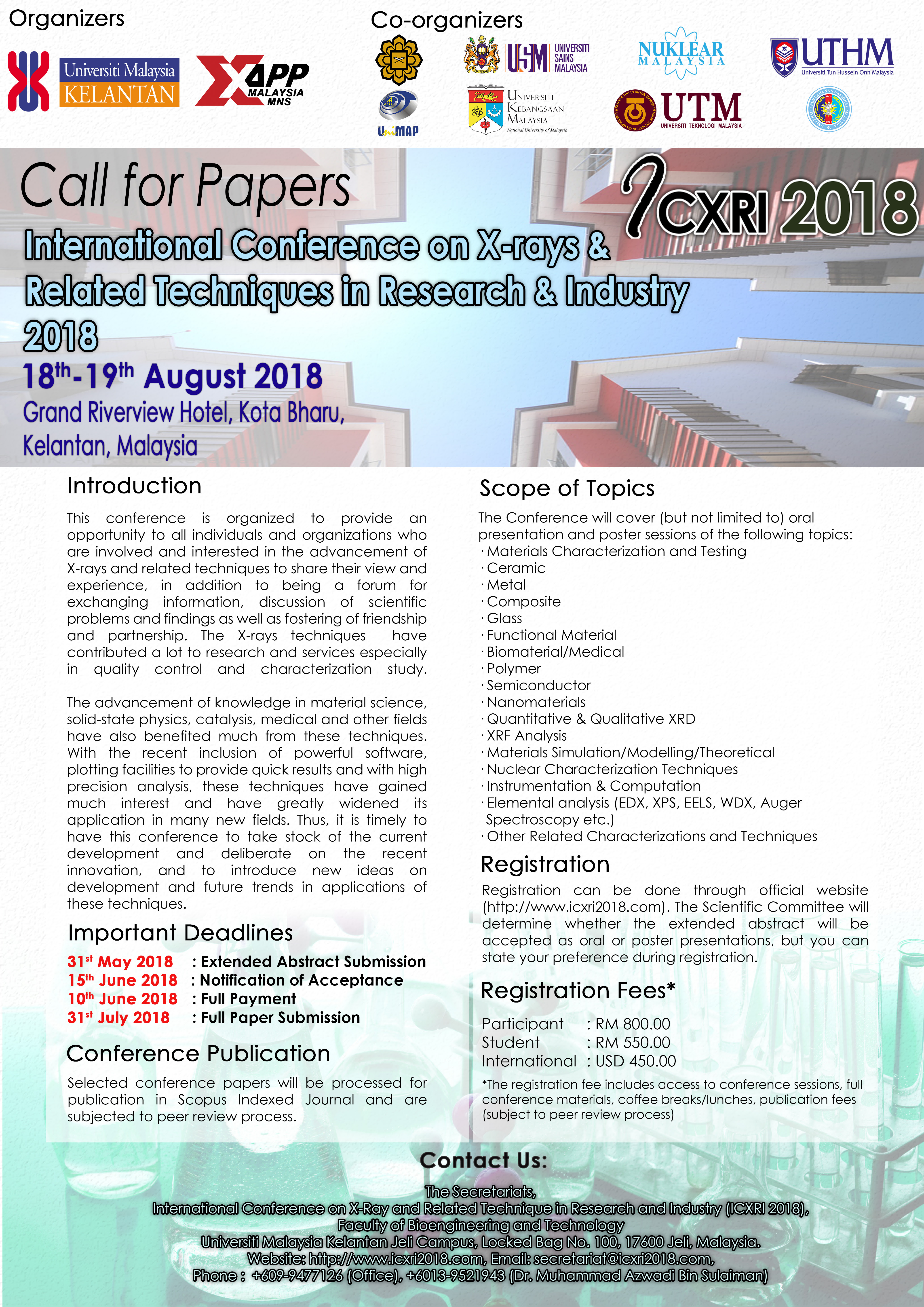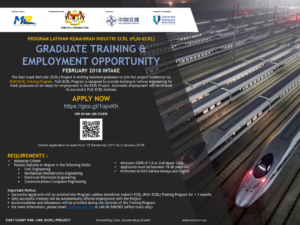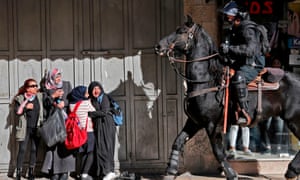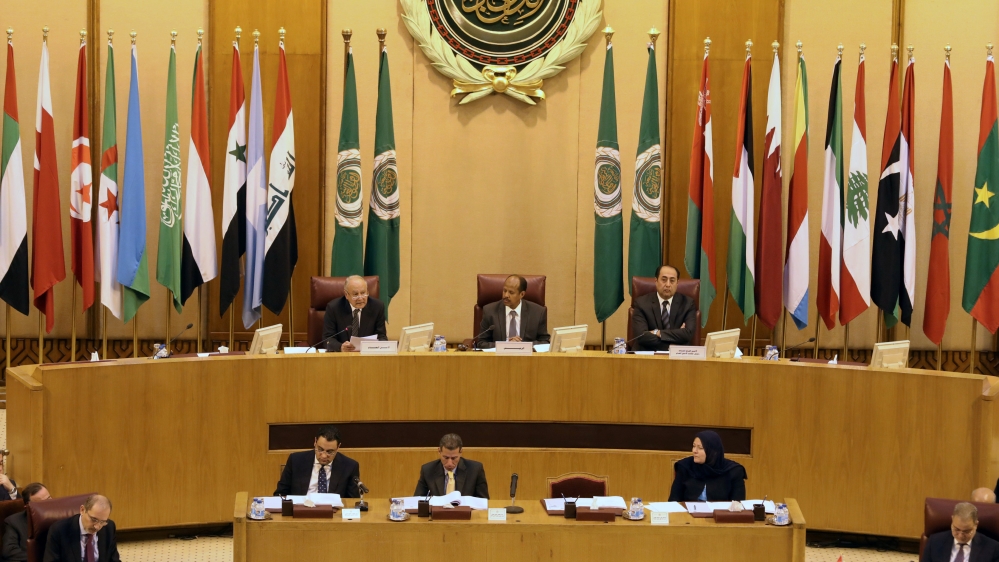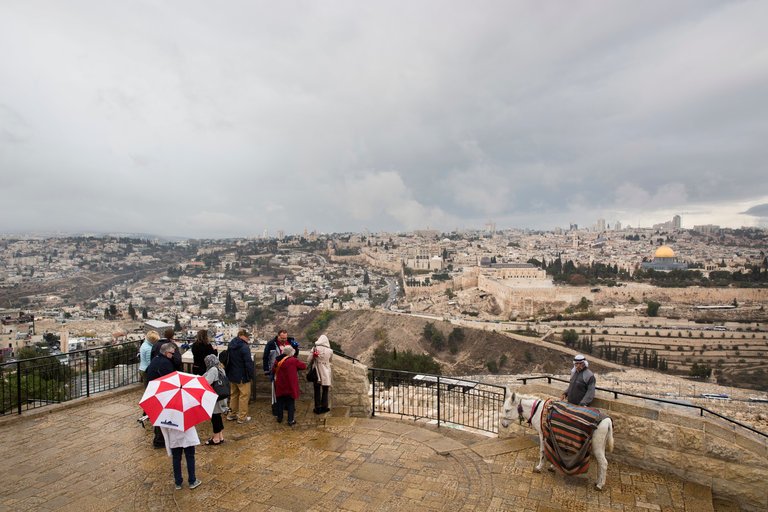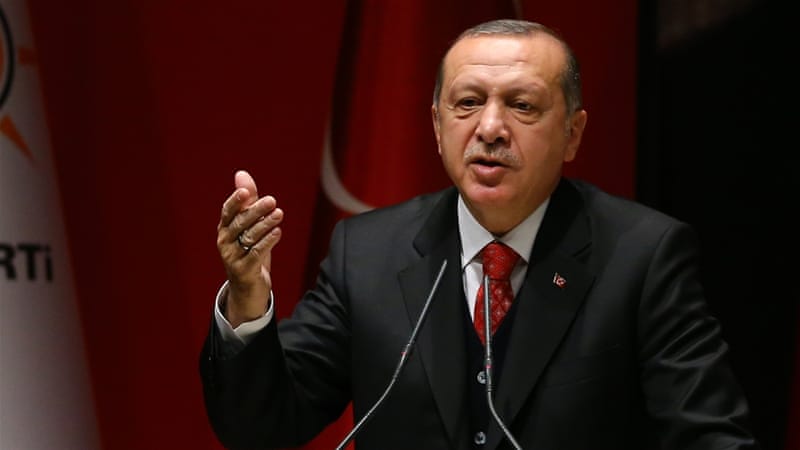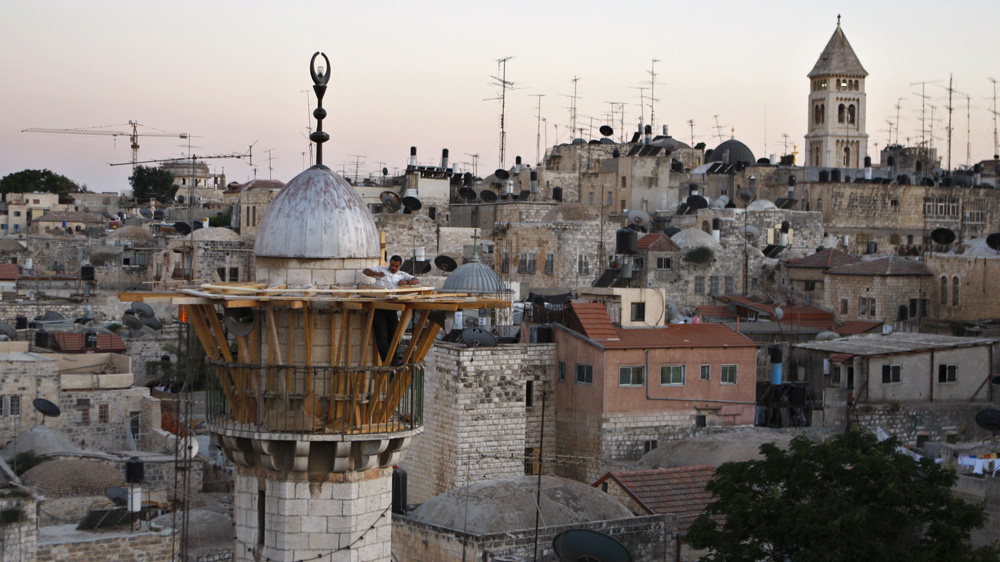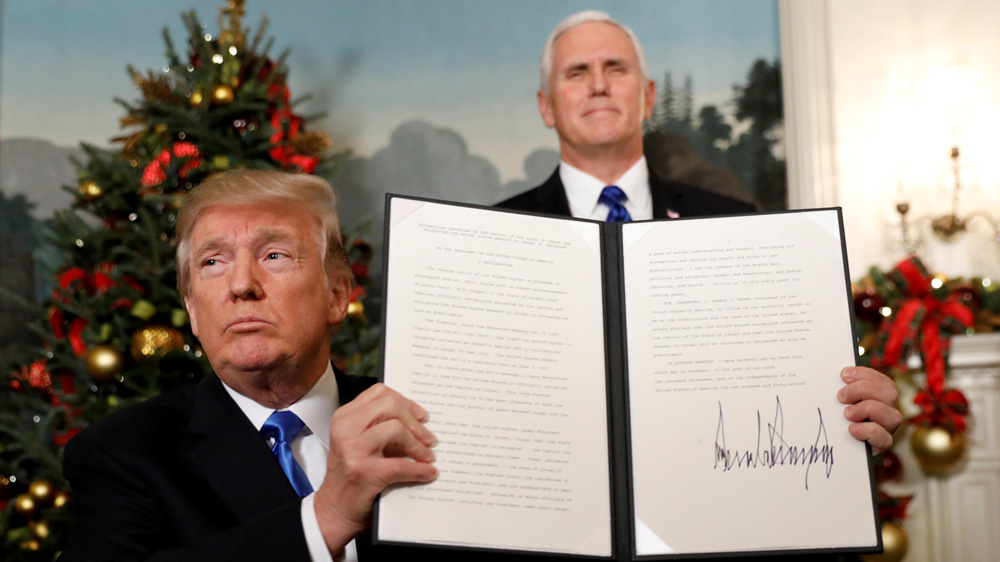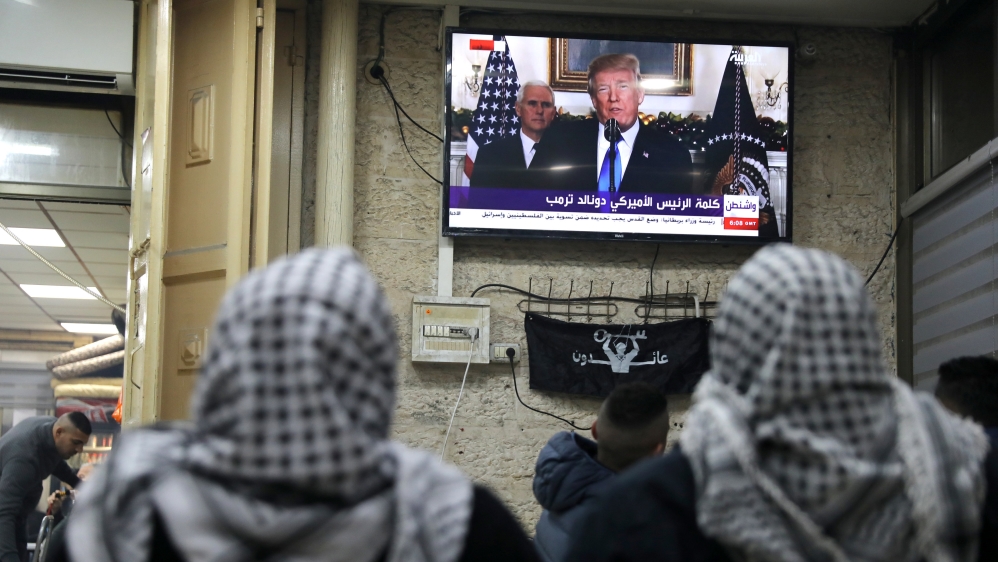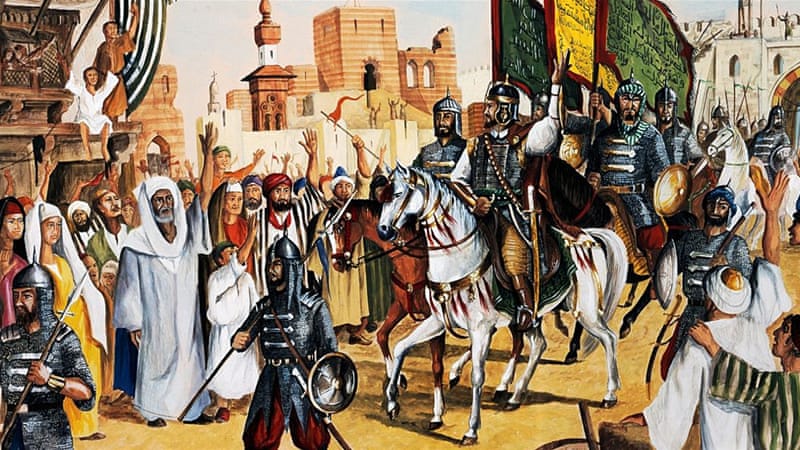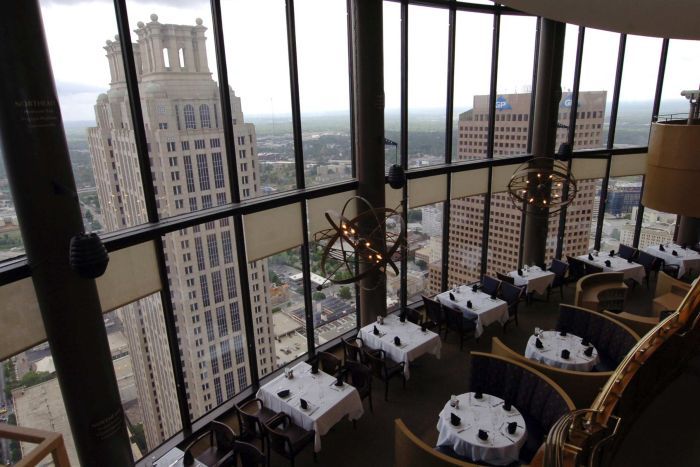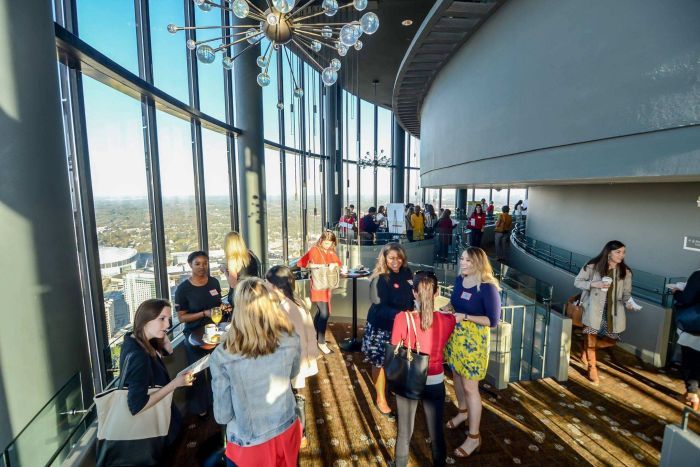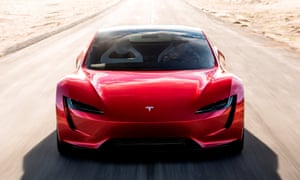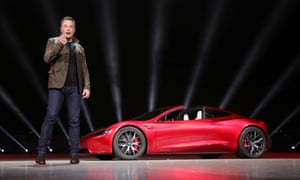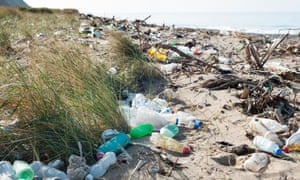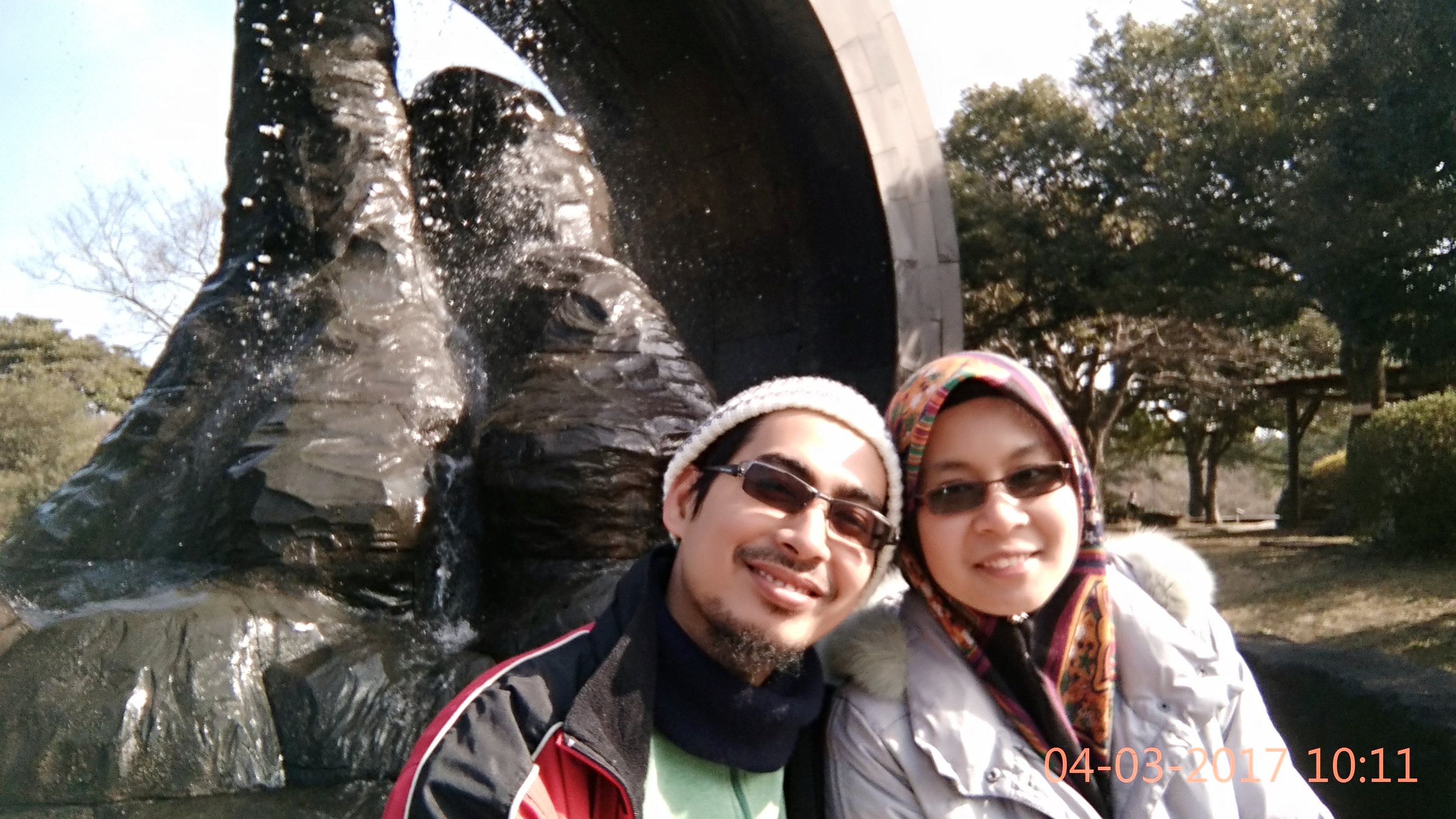
President Trump signs his proclamation to formally recognize Jerusalem as the capital of Israel and his plan to relocate the U.S. Embassy to that city. (Jim Lo Scalzo/European Pressphoto Agency-EFE)
On Tuesday evening Jerusalem time, 24 hours before President Trump’s expected declaration of a dramatic change in American policy toward the city, the local U.S. consulate emailed a warning to staffers.
Translated from diplomatese, it said: “Things could blow up here. Stay away from the Old City. If you absolutely have to go, jack up security.”
The contrast was drastic. Symbolically, the president was saying that his decision to move the U.S. Embassy to Jerusalem was merely a long-overdue affirmation of an established principle. The consulate was declaring that Trump’s actions could rip the real city apart.
The consulate’s message underlined something basic about this city. The relationship between symbols and reality here is even more fraught than the relations between Israelis and Palestinians.
Because it’s often forgotten in the shouted international debates, let me stress: Jerusalem is an actual city of apartments, asphalt and noise, where actual people live — 865,000 of us. A bit less than two-thirds are Israelis, a bit more than one-third are Palestinians. We get stuck in traffic jams on the way to work. We worry about our kids’ futures. You can go weeks without remembering that Jerusalem is a name with more resonance than, say, Denver.
Politicians, Israeli and Palestinian, make declarations about Jerusalem that are so simplistic as to be fictional. Yes, it’s Israel’s capital, quite without any need for international recognition. But 50 years of Israeli declarations haven’t made Jerusalem united.
In many ways, the Arab city is the premium seating area of the occupation — better than the rest of the West Bank, but still occupied. Almost all East Jerusalem Palestinians have a legal status equivalent to non-citizen immigrants in the city of their birth.
Then again, Palestinian statements suggesting that East Jerusalem could easily be re-divided from West Jerusalem along the pre-1967 line are also predicated on ignoring real life. It’s not just that 210,000 Israelis live in neighborhoods built across that border. East Jerusalem Palestinians have told me, half arguing with themselves, that the present is untenable but that a Palestinian state could cost them the right to work in Israel, and to collect the Israeli National Insurance (social security) benefits for which they’ve paid their whole lives. There’s a growing cottage industry in Hebrew classes for East Jerusalem teens who want to study in Israeli universities — just one sign of the delicate interconnections between the Arab and Jewish cities.
The strangest thing about the tangible city of Jerusalem, though, is that it apparently exists only because of symbolism. It has no port, no river. It’s on the edge of a desert. The ancient water supply was poor, the natural defenses weak. The only resource it has ever had to sell is sanctity, dating back to even before the possibly mythical Solomon built a Temple here. Christianity and Islam both claimed to inherit Jerusalem’s holiness. For no logical reason, religions act as if owning Jerusalem proves their truth. Because of Jerusalem’s symbolism, the U.N. partition plan of 1948 ignored the right of self-government and self-determination of the people living there and designated it as an international city.
Jewish and Palestinian nationalism, in turn, act as the heirs of religion, and behave as if owning Jerusalem is vital to the truth of their narratives. They, too, ignore the real city’s messiness in their rhetoric.
Past Palestinian-Israeli peace efforts show that working out practical arrangements for dividing sovereignty while sharing the city will be incredibly complicated, and symbolic arrangements for the holy sites will be more difficult yet. Israeli Prime Minister Benjamin Netanyahu is too stubborn, and Palestinian President Mahmoud Abbas is too weak, to negotiate such a deal. Trump lacks the savvy needed for the essential American role as broker.
Consistent U.S. policy until yesterday was that American recognition of the city as a capital would await an agreement between Israelis and Palestinians on its final status. This also had symbolic value. It said the current situation isn’t final. It served as a promissory note for serious negotiations, with the United States as honest broker. It underwrote a sliver of hope for Palestinians in the city. The U.S. position allowed the Palestinian Authority and Muslim countries such as Turkey not to treat the Israeli stance as final. It reminded Israelis not to completely believe their own declarations.
In his speech, Trump paid lip service to negotiations on the city’s final status. But as was totally predictable, his declaration was read by Israelis, Palestinians and others in the Middle East as an American endorsement of the Israeli government’s position on Jerusalem.
In response, Muslim countries will feel obligated to take sharper stands against Israeli control of East Jerusalem and the holy sites. Palestinians in East Jerusalem will feel pressed to oppose Israeli rule more forcefully. Whether or not violence erupts now, Trump has added to Palestinian despair, and despair increases the chance of an eruption. The real symbolism of Trump’s statement is that he couldn’t care less about the real city of Jerusalem.
